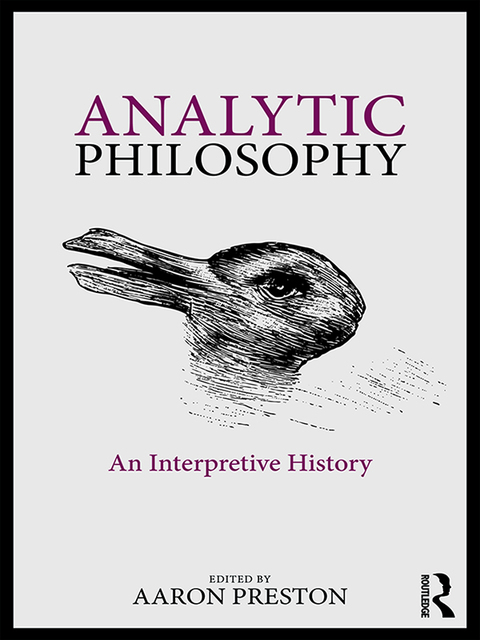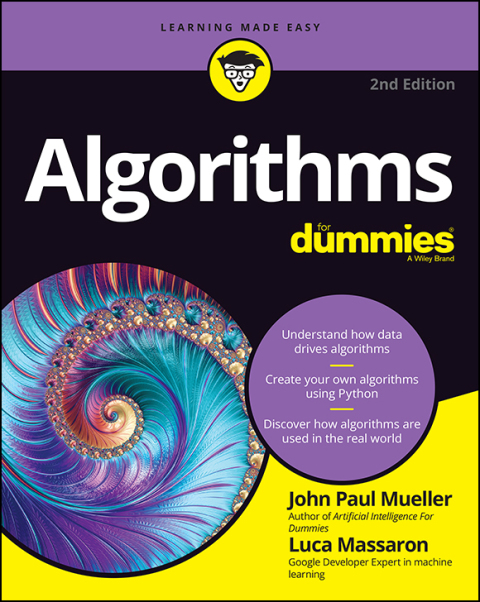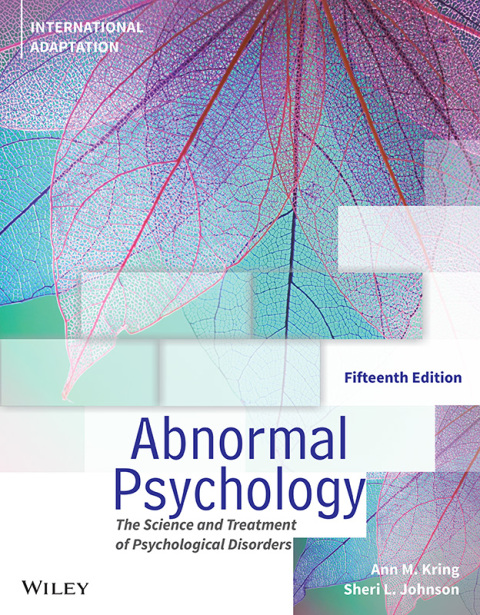Description
Efnisyfirlit
- Cover
- Half Title
- Title Page
- Copyright Page
- Dedication
- Table of Contents
- 1. Editor’s Introduction: Interpreting the Analytic Tradition
- Notes
- References
- 2. Idealism and the Origins of Analytic Philosophy: Moore Interprets Kant and Bradley
- Idealism in Britain and in Germany
- Moore Interprets Idealism
- Notes
- References
- 3. The Changing Role of Language in Analytic Philosophy
- Notes
- References
- 4. Russell, Ryle, and Phenomenology: An Alternative Parsing of the Ways
- Husserl and Early Analytic Philosophy
- Phenomenology and Ordinary Language Philosophy
- Conclusion
- Notes
- References
- 5. Some Main Problems of Moore Interpretation
- Introduction
- The Interpretation of Moore’s Philosophy: The Usual Suspects
- Notes
- References
- 6. Russell’s Philosophical Method: How Analytic Philosophy is Shaped By and Perpetuates Its Misinterpretation
- Introduction
- 1a Analytic Realism (Logical Atomism): A Revolution
- 1b The True Philosophic Method
- 2a The Residue of Analysis: “It Seems an Unavoidable Inference”
- 2b “Analysis Is the Method of Approximation to Reality”
- 3a Knowledge in Philosophy
- 3b A Speculative Interest in the Universe
- Notes
- References
- 7. Analyzing Wittgenstein’s Tractatus
- Laying the Groundwork
- Interpreting the Tractatus
- Mainstream Tractatus
- The Tractatus and Analytic Philosophy
- Notes
- References
- 8. The Later Wittgenstein
- Notes
- References
- 9. Frank Ramsey and the Entanglement of Analytic Philosophy with Pragmatism
- Introduction
- The Logical Analytic Program
- Ramsey and Russell
- Ramsey and the Tractatus
- Ramsey’s Pragmatist Account of Belief and Truth
- Ramsey’s Influence on the Post-Tractarian Wittgenstein
- Notes
- References
- 10. From Scientific to Analytic: Remarks on How Logical Positivism Became a Chapter of Analytic Philosophy
- What Was Logical Positivism Before It Was Analytic?
- “Analytic Philosophy” and Analytic Philosophy in America
- First Contact: Logical Positivism as Read by British Analysts
- Back to America: Interpretation and Historical Explanation
- Notes
- References
- 11. Ernest Nagel’s Naturalism: A Microhistory of the American Reception of Logical Empiricism
- I
- II
- III
- IV
- V
- Notes
- References
- 12. “One of My Feet Was Still Pretty Firmly Encased in This Boot”: Behaviorism and The Concept of Mind
- 1
- 2
- 3
- 4
- Conclusion
- Notes
- References
- 13. Quine: The Last and Greatest Scientific Philosopher
- I
- II
- III
- Notes
- References
- 14. P. F. Strawson: Ordinary Language Philosophy and Descriptive Metaphysics
- The Linguistic Turn and “Ordinary Language Philosophy”
- P. F. Strawson: The Received View
- A Shooting Star of Conceptual Analysis
- The Rehabilitation of Metaphysics
- Experience, Particulars and Universals
- Scepticism: Transcendental Arguments and Naturalism
- Notes
- References
- 15. Austin Athwart the Tradition
- Introduction
- Part One: A Beginner Among Beginners
- Part Two: The Plain Person and the Philosopher
- Finis
- Notes
- References
- 16. Davidson’s Interpretation of Quine’s Radical Translation, and How It Helped Make Analytic Philosophy a Tradition
- Quine’s Radical Translation
- Davidson’s Radical Interpretation
- Interpreting a Tradition
- Notes
- References
- 17. Dummett’s Dialectics
- Notes
- References
- 18. On the Traditionalist Conjecture
- Philosophical Fruitfulness, Good Questions, and Satisfactory Answers
- Reconstruction and Tradition
- Narratives, Periodization, and Relevance
- Traditionalist Narratives
- The Problem with (iii)
- The Problem with (i)
- Illustration
- Conclusion
- Notes
- References
- Index






Reviews
There are no reviews yet.